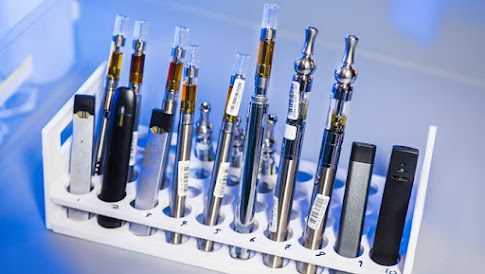 |
| The teams of Stefan Huber (left) and Dirk Tischler receive funding from the Mercator Research Center Ruhr. Credit: RUB, Marquard |
With a total of around 240,000 euros, the Mercator Research Center Ruhr supports two RUB cooperation projects with its partners of the Ruhr University Alliance.
In order to develop new tools for catalysis, the Mercator Research Center Ruhr (MERCUR) is funding two projects with Bochum participation with a total of around 240,000 euros. The team around Prof. Dr. Dirk Tischler from the Microbial Biotechnology Working Group at the Ruhr University Bochum (RUB) is developing new bio-building blocks in cooperation with a team from the Technical University (TU) Dortmund, which can be reliably and easily assembled into bio-catalysts. Prof. Dr. Stefan Huber and his working group at the Chair of Organic Chemistry I at RUB are developing new methods for catalysis using halogen bridges together with the University of Duisburg-Essen (UDE).
Biocatalysts from the tool case
These catalysts are complex proteins; Genes contain the building instructions for this. Different gene sections contain the building instructions for different protein components. In synthetic biology, researchers produce gene building blocks that can be used for different biocatalysts. These so-called biobricks form a kind of kit from which a catalyst can be put together for a specific purpose. The appropriate gene building blocks are put together and introduced into an organism such as the bacterium E. coli. This translates the gene into proteins with catalytic function.
















.jpg)